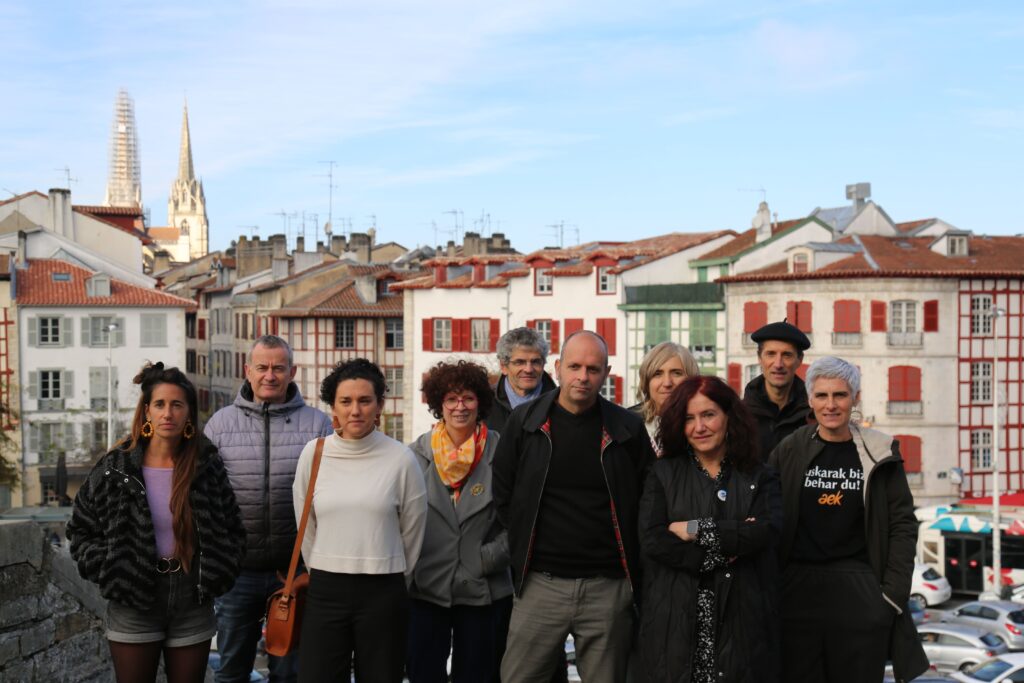
- The Basque Confederation and the Basque Council of Euskalgintza have offered a press conference in Baiona to denounce, once again, the serious situation of the Basque Country. In this sense, they have made it clear that, if there is "political will", the linguistic emergence of Euskera can be overcome.

The Basque Confederation and the Basque Council of Culture are clear that: "It is not too late to reverse the situation, if there is political will to put resources and remove some obstacles that we currently have", he added. That is the main message of the press conference they offered in Baiona on the morning of 14 November. They call the institutions: fulfill your responsabilidades.La declaration has been made in the network of networks of agents of minority languages in Europe, India and Latin America. In particular, they have warned that the Basque and Basque communities "are in a situation of social emergency".
With regard to the Northern Basque Country, which remains unofficial for the Basque Country, the question has been asked about the modification of Article 2 of the French Constitution, which is the main obstacle to the revitalization of the minority language. Both institutions also agreed on the need to increase the budget of the Public Body for the Basque Language (EEP). But in addition to legislation and money, there are measures that can be channelled through "political will": respect for the rights to pass exams in Basque or to defend them in courts, the development of the means to speak in Basque in public institutions, etc.
Only 21.1% of the population of Lapurdi, Baja Navarra and Zuberoa is Euskaldun according to the 2021 socio-linguistic survey and, following the OPE prospections, that figure would fall from 16% for 2050.En general, the general secretary of the Basque Council of the Basque Euskera, Idurre Eskisabel, has denounced the "judicial and political offensive". In addition to local attacks and discrimination, they have lamented globalisation and numbering in listing the obstacles: "Hegemonic languages are even more hegemonic and minority languages are more vulnerable".
Seeing the context and scope of gravity, the Basque world has appealed to the speakers: from Baiona they have been asked for a greater commitment in favor of the Basque country.